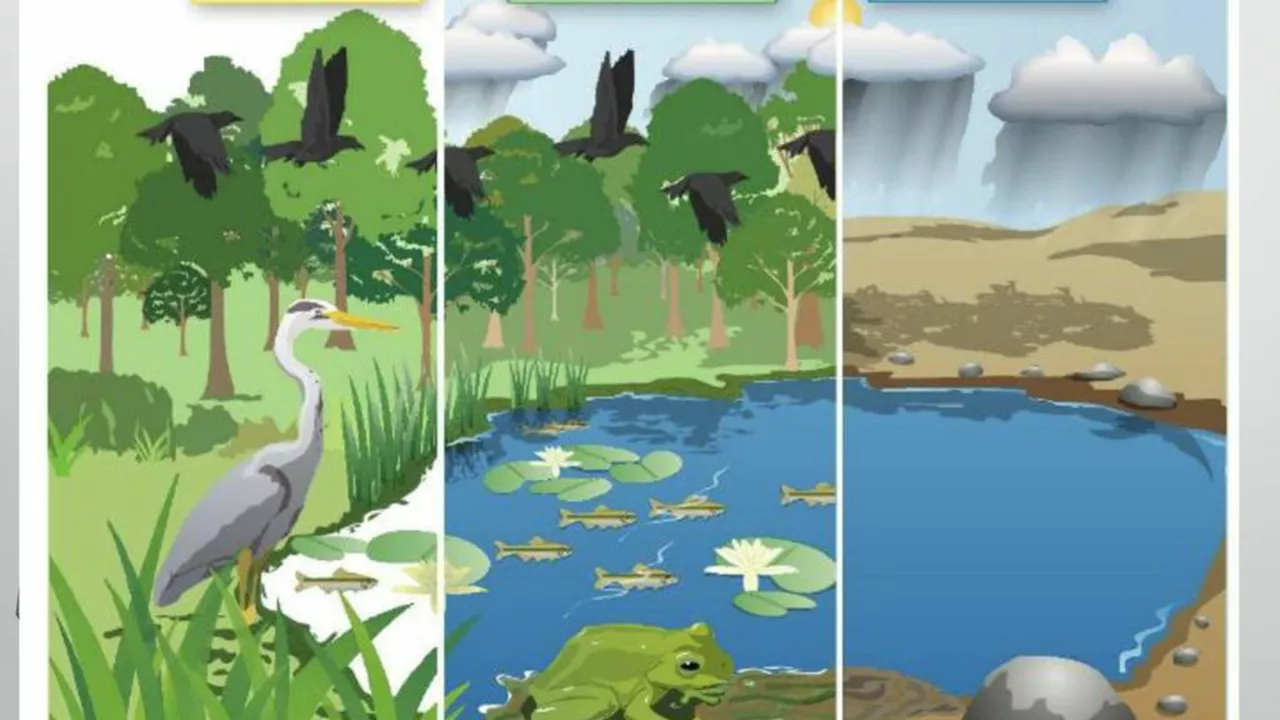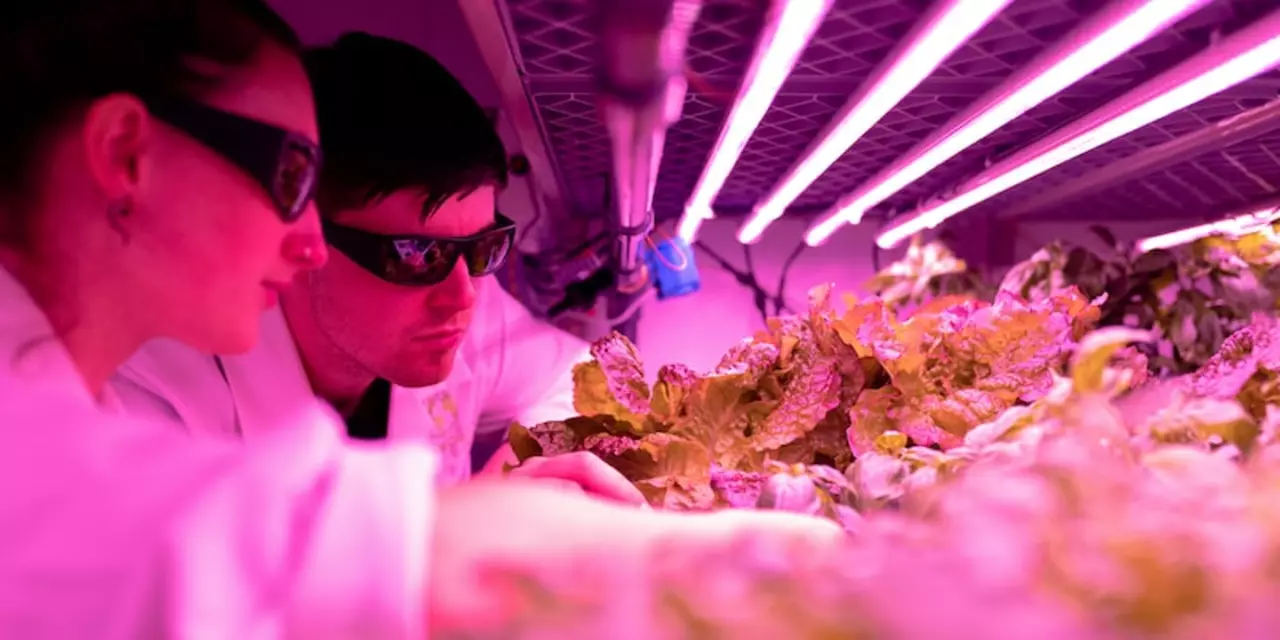Tag: environmental science
What are “biotic” and “abiotic” components?
-
Written by Kieran Whitlock
28/ 07
Well, buckle up folks, we're about to delve into the exciting world of ecology! So, these two fancy terms, "biotic" and "abiotic" components, are basically the yin and yang of our natural environment. Biotic components are all the living things that make up our world, from the smallest bacteria to the largest blue whale - it's like the biggest family reunion ever! On the flip side, abiotic components are the non-living parts of the environment, like rocks, water, and even sunlight - essentially, all the stuff that doesn't have a heartbeat. So, in a nutshell, Mother Nature's recipe for life contains a whole lot of both biotic and abiotic ingredients. It's a wild cocktail, isn't it?
Is environmental science harder than biology?
-
Written by Kieran Whitlock
21/ 07
In my exploration of the question, "Is environmental science harder than biology?", I've found that it's not as straightforward as you might think. Both subjects are complex and challenging in their own ways. Biology is often more focused and in-depth, delving into the mechanisms of life. On the other hand, environmental science is broader, encompassing aspects of biology, chemistry, and earth science to understand the environment. So, whether one finds environmental science harder than biology can greatly depend on individual interests and strengths.
What careers are available for environmental science?
-
Written by Kieran Whitlock
6/ 02
Environmental Science careers involve the examination of the environment, the effects of human activity on it, and the development of measures to protect it. These careers span a wide range of disciplines, from biology and chemistry to sustainability, law, and economics. Employment opportunities in this field are expected to increase significantly over the next decade, with positions ranging from scientific and technical research roles to policy-making and management positions. Environmental scientists can find work in government agencies, private businesses, educational institutions, non-profit organisations, and consulting firms. They can also specialise in a particular field of environmental science, such as air pollution, water management, and conservation.


